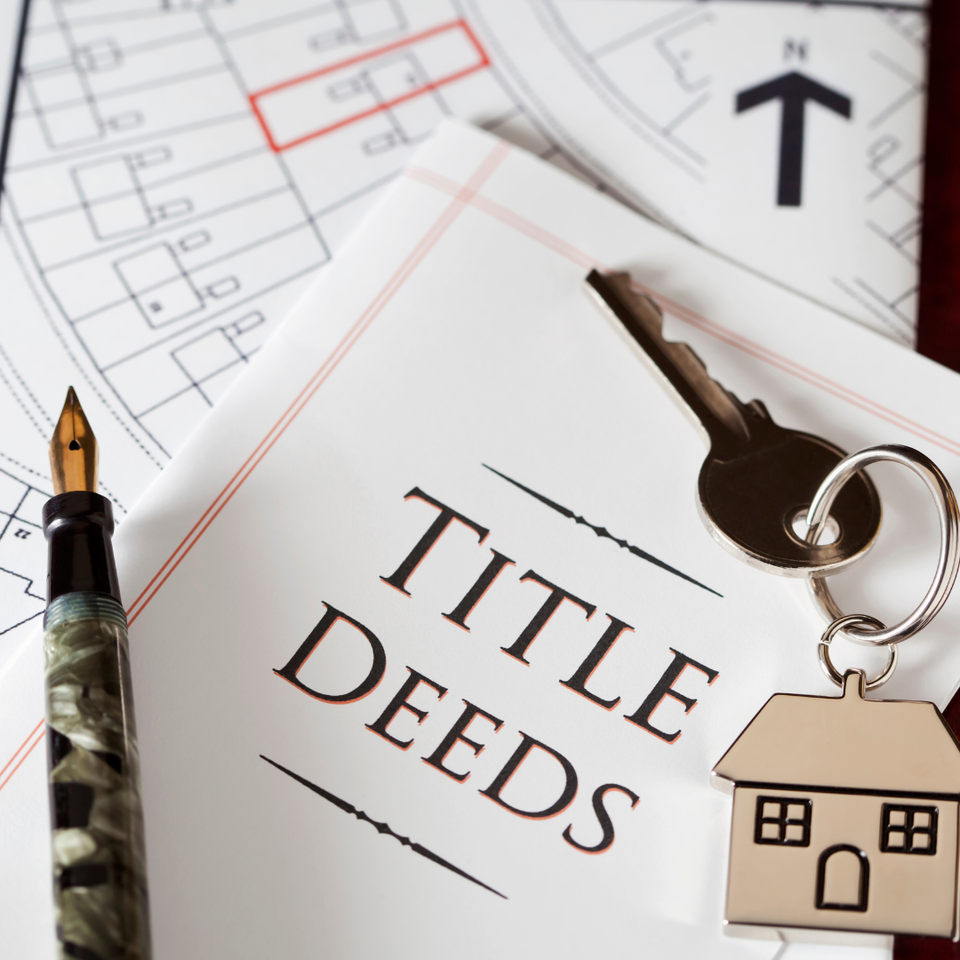Where are mortgages recorded?

Short Answer:
At a local government's land record office. This could be in your town, city or at the county court house. Every community is different of where the documents are recorded.
Longer Answer:
In the realm of real estate transactions, the recording of a mortgage is a critical step that ensures the legality and transparency of property ownership and associated liens. However, it is important to note that the specific location where mortgages are recorded can vary depending on the community or jurisdiction in which the property is located.
Typically, mortgages are recorded at a local government office, most commonly the county recorder's or clerk's office. These offices are tasked with maintaining public records related to property transactions, including deeds, liens, and mortgages. By recording a mortgage, the document becomes part of the public record, thereby providing a transparent and verifiable account of any claims or interests in the property.
The process of recording a mortgage serves several essential purposes. It protects the lender by publicly acknowledging their interest in the property, and it safeguards the borrower by ensuring that the terms of the mortgage are officially documented and accessible. Furthermore, it provides a clear and traceable history of property ownership and encumbrances, which is vital for future transactions or legal proceedings.
Typically the recorder's office will charge a fee for recording documents with them. This fee is passed along to the borrower, as part of their closing costs. The cost for recording documents can vary from location to location, but is typically under a few hunrdred dollars.
It is crucial to recognize that the procedures and offices responsible for recording mortgages can differ from one community to another. Some jurisdictions may record at the city/town level and others have them recorded at the county level. Regardless of where the documents are recorded, the deed to your house and subsquential mortgages are aprt of the public record.
Conclusion
While the recording of mortgages is a standardized practice aimed at ensuring transparency and legal protection, the specific location and process can vary by community. In most communities, the recorder's or clerk's office is the entity that handles the filing of mortgages and deeds.
If you have questions about the mortgage process, please reach out at teamjd@mainstreethl.com
These blogs are for informational purposes only. Make sure you understand the features associated with the loan program you choose, and that it meets your unique financial needs. Subject to Debt-to-Income and Underwriting requirements. This is not a credit decision or a commitment to lend. Eligibility is subject to completion of an application and verification of home ownership, occupancy, title, income, employment, credit, home value, collateral, and underwriting requirements. Not all programs are available in all areas. Offers may vary and are subject to change at any time without notice. Should you have any questions about the information provided, please contact me.
Find more answers to mortgage & real estate questions at www.jdanswersquestions.com
